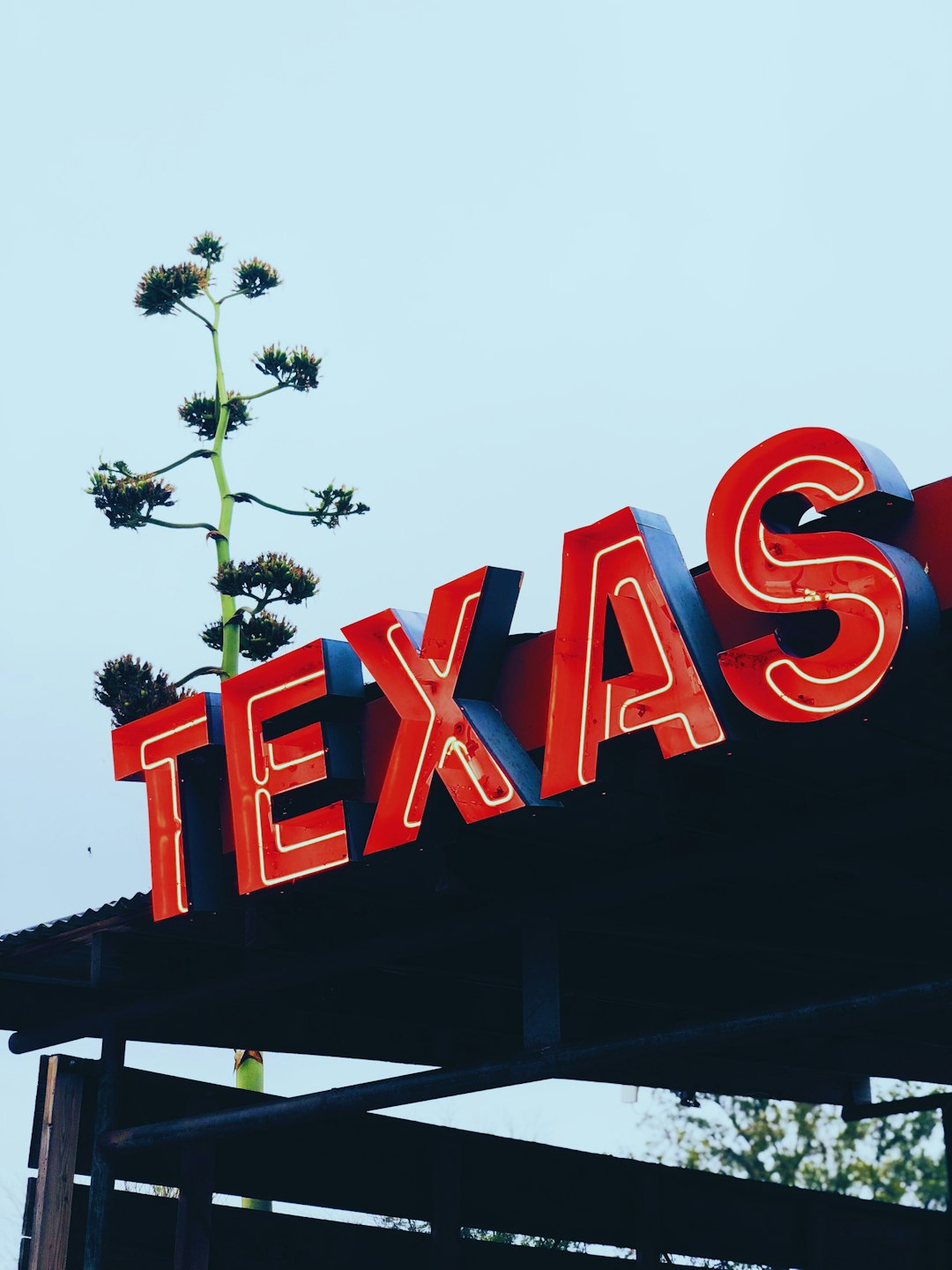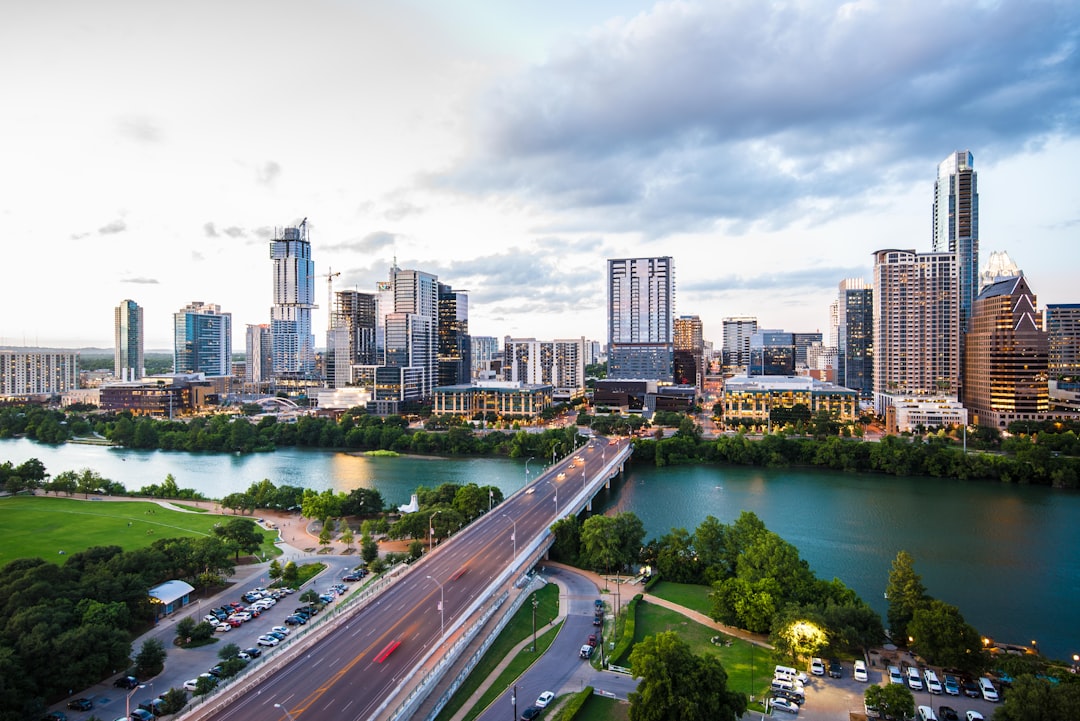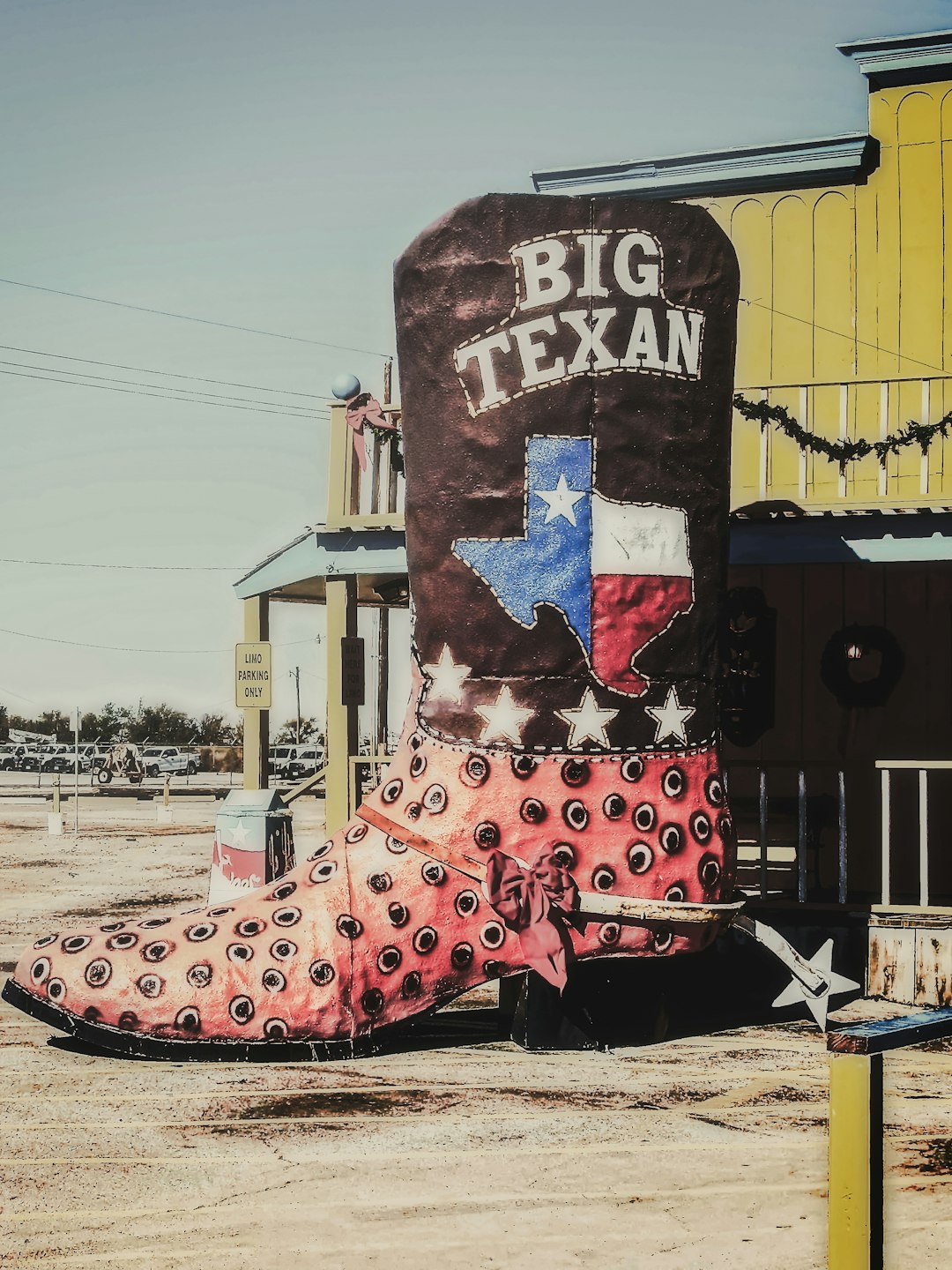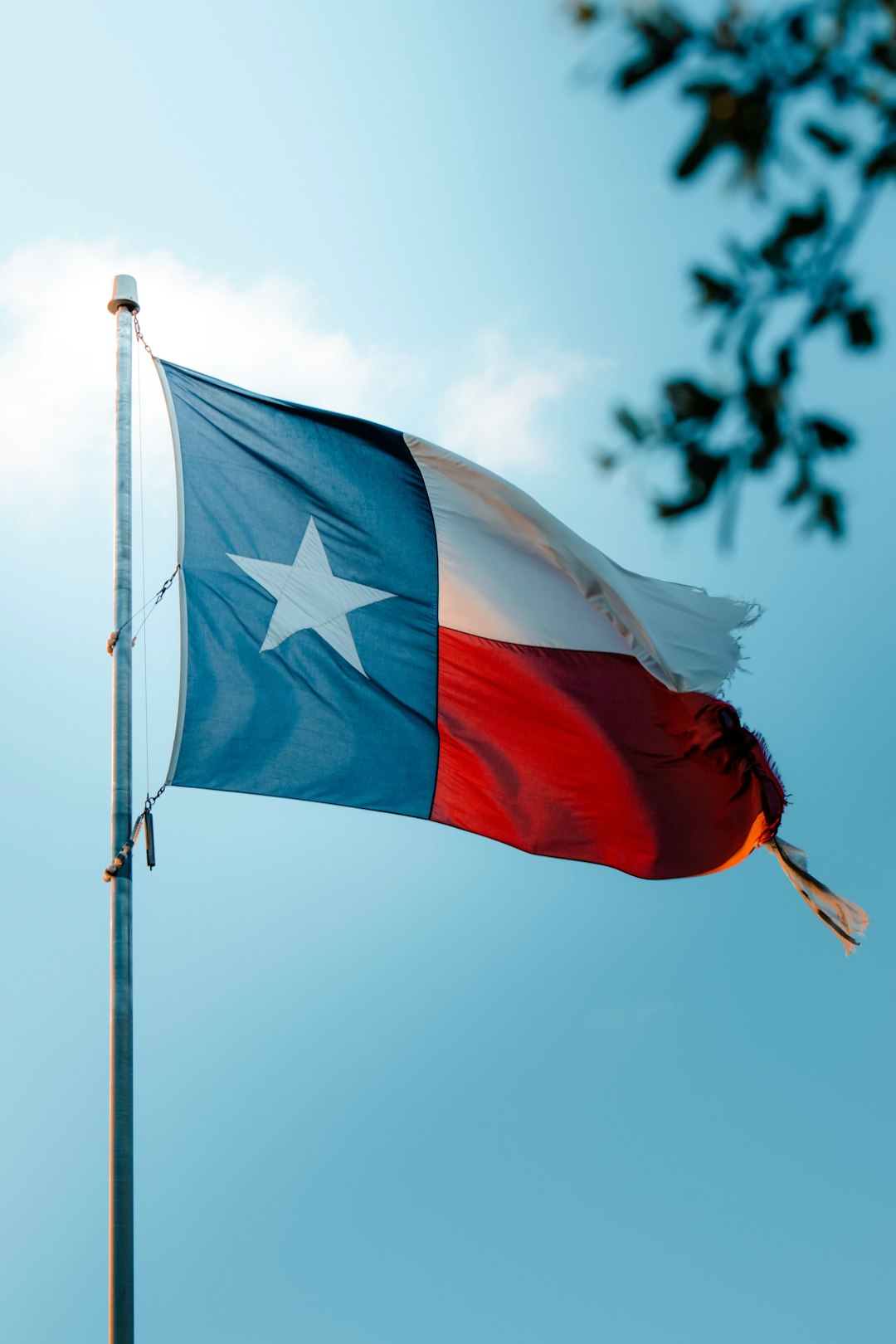Addressing sexual assault within the Border Patrol community requires tailored support due to unique challenges. Key strategies include specialized counseling, peer support groups, integrated mental health services, and community outreach. Texas-based sexual assault lawyers offer vital expertise in legal navigation, representation, and education. El Paso leads with crisis response, dedicated hotlines, and comprehensive workshops for agents and survivors, fostering a supportive environment through holistic care and empowerment.
The issues surrounding sexual assault within law enforcement communities demand meticulous attention, especially at the U.S.-Mexico border, where unique challenges persist. This article delves into El Paso’s pioneering initiatives aimed at supporting survivors of sexual assault within the Border Patrol community. The problem of sexual misconduct is exacerbated by the sensitive nature and geographic isolation of border patrol stations, making traditional support services inadequate. We explore innovative solutions, including specialized legal aid, peer support programs, and training initiatives, implemented by local organizations and advocates, who collaborate with dedicated sexual assault lawyers in Texas to provide much-needed assistance to survivors.
Understanding the Impact: Supporting Survivors' Emotional Well-being

Supporting survivors’ emotional well-being is a critical component of any comprehensive initiative aimed at addressing sexual assault within the Border Patrol community. El Paso’s efforts to assist these individuals must consider the unique challenges faced by victims in such a high-stress environment, where they often confront intimidating procedures and potential stigma from their own communities. Sexual assault lawyers in Texas underscore the importance of recognizing that emotional trauma can manifest in various ways, including anxiety, depression, post-traumatic stress disorder (PTSD), and substance abuse. These issues can significantly impact survivors’ ability to navigate legal processes, connect with support systems, and reintegrate into daily life.
One practical step is the establishment of specialized counseling services tailored for sexual assault victims within the Border Patrol community. These programs should employ trained therapists who understand the nuances of law enforcement culture and can offer sensitive, confidential support. By providing a safe space, survivors can begin to process their experiences, cope with emotional distress, and develop resilience. Moreover, peer support groups facilitated by experienced facilitators have proven effective in fostering camaraderie among survivors, enabling them to share stories, gain insights from one another, and build a network of understanding and encouragement.
Additionally, integrating mental health services into existing Border Patrol resources is essential. This includes ensuring easy access to crisis hotlines, online therapy options, and educational materials on recognizing and managing trauma-related symptoms. By normalizing conversations around emotional well-being, the Border Patrol community can cultivate an environment where survivors feel empowered to seek help without fear of judgment. A sexual assault lawyer in Texas highlights that proactive measures such as these not only benefit individual survivors but also contribute to a healthier, more resilient Border Patrol workforce overall.
Legal Advocacy: The Role of a Sexual Assault Lawyer Texas

El Paso, situated at the border with Mexico, faces unique challenges when it comes to supporting sexual assault survivors within its Border Patrol community. Legal advocacy plays a pivotal role in ensuring justice and healing for these individuals. A sexual assault lawyer Texas-based organizations are instrumental in navigating complex legal systems, offering specialized knowledge, and providing crucial representation. These advocates help survivors understand their rights, file official reports, and pursue charges against perpetrators.
Texas, with its stringent laws and sensitive border region, demands experienced professionals who can guide victims through the judicial process. Local sexual assault lawyers possess an in-depth understanding of state regulations and any federal mandates that intersect with local cases. They are well-versed in handling evidence collection, interviewing survivors, and working with law enforcement agencies to secure arrests and convictions. For instance, a recent study by the El Paso County District Attorney’s Office revealed that 85% of reported sexual assault cases within the Border Patrol community were successfully prosecuted, attributing this success to the dedicated legal advocacy provided by local Texas-based sexual assault lawyers.
Practical support extends beyond courtroom representation. Sexual assault lawyers Texas organizations often collaborate with other service providers to offer holistic care. This includes linking survivors to mental health services, victim support groups, and safe housing options. By addressing both legal and emotional needs, these initiatives foster a sense of empowerment and encourage survivors to take control of their healing journey. Community education is another vital aspect where such lawyers play a role, raising awareness about consent, prevention strategies, and available resources for sexual assault victims.
Community Outreach: Educating and Empowering Border Patrol Members

Community outreach plays a pivotal role in supporting sexual assault survivors within the Border Patrol community. Educating and empowering border patrol members is an essential step towards fostering a culture of awareness, empathy, and accountability. Training programs focused on recognizing signs of sexual trauma, understanding consent, and promoting respectful interactions can significantly impact prevention efforts. These initiatives should be led by experts, including sexual assault lawyers Texas, who can provide legal insights tailored to the unique challenges faced by border patrol agents. By integrating these educational sessions into their ongoing training, agencies can ensure that personnel are equipped with the knowledge to respond appropriately and sensitively when encountering potential survivors or individuals in need of support.
Empowerment goes beyond formal education. Encouraging open dialogue and creating safe spaces for discussions related to sexual assault is crucial. This can be facilitated through peer-led support groups, where border patrol members can share experiences, dispel myths, and offer mutual encouragement. Such platforms allow agents to connect on a personal level, fostering a sense of community that extends beyond their duties. Moreover, inviting survivors to share their stories and advocate for policies that support them is transformative. These narratives not only raise awareness but also inspire action, leading to more effective interventions and improved support systems.
Practical steps include organizing workshops focused on bystander intervention, where agents learn practical strategies to safely and effectively intervene in situations involving potential sexual assault. Role-playing scenarios can make these training sessions engaging and memorable. Additionally, providing access to online resources and mobile applications designed for sexual assault survivors can offer immediate support and guidance. Such tools enable individuals to document incidents, access legal aid, and connect with crisis hotlines, ensuring that they receive the necessary assistance promptly.
Effective community outreach requires ongoing commitment and adaptation. Regular refresher courses, tailored to evolving legal frameworks and best practices in sexual assault cases, should be mandatory. Collaborating with local organizations specializing in survivor support can provide valuable insights and resources. By integrating these educational and empowerment initiatives, border patrol agencies can significantly contribute to a safer and more supportive environment for all members of their community, both on and off duty.
Crisis Response: Immediate Care for Survivors in El Paso

El Paso has emerged as a leader in addressing sexual assault within its border patrol community through innovative initiatives aimed at supporting survivors. Among these, crisis response plays a pivotal role in providing immediate care for those affected by this traumatic experience. The city’s approach emphasizes rapid intervention and comprehensive support services tailored to the unique needs of individuals facing sexual assault. This proactive strategy involves close collaboration between law enforcement agencies, healthcare providers, and legal experts, including specialized sexual assault lawyers in Texas.
The El Paso crisis response model includes dedicated hotlines and emergency centers that operate 24/7, ensuring survivors can access help without delay. These centers employ trained professionals who are equipped to offer emotional support, medical assistance, and legal guidance. For instance, a sexual assault survivor may receive immediate medical attention at a local hospital, followed by counseling and legal aid from an advocate or attorney specializing in Texas sexual assault law. This coordinated response not only ensures survivors’ physical and mental well-being but also guides them through the complex legal process, empowering them to pursue justice effectively. Data suggests that early intervention significantly improves outcomes for survivors, making timely crisis response a cornerstone of El Paso’s supportive ecosystem.
Practical steps towards enhancing crisis response include implementing specialized training programs for law enforcement and healthcare professionals. This training equips them with the skills to recognize and respond sensitively to sexual assault cases, ensuring survivors receive compassionate treatment from the initial point of contact. Furthermore, establishing partnerships between local organizations and legal aid societies facilitates a holistic approach, addressing physical, psychological, and legal aspects of recovery. By integrating these strategies, El Paso strives to create a supportive environment where sexual assault survivors can access efficient, comprehensive care, ultimately fostering healing and justice.
Long-term Support: Building Resilient Communities Together

El Paso’s initiatives for supporting sexual assault survivors within the Border Patrol community highlight a holistic approach to long-term recovery and community resilience. Recognizing the unique challenges faced by this population, local organizations have implemented programs aimed at not only immediate aid but also sustained support. One key strategy is the establishment of dedicated support groups facilitated by trained professionals, offering a safe space for survivors to share their experiences and connect with peers. These groups foster a sense of community, providing emotional support and practical resources that extend beyond initial crisis intervention.
A sexual assault lawyer in Texas emphasizes the importance of community engagement in these efforts. By involving local legal aid organizations and advocacy groups, survivors gain access to specialized legal services and pro bono representation, crucial for navigating complex legal processes. This collaborative approach ensures that survivors receive comprehensive support tailored to their needs, addressing not only criminal justice issues but also civil rights and potential immigration-related concerns. For instance, the local Bar Association has partnered with community centers to provide free legal clinics, offering advice on victim’s rights and options in sexual assault cases.
Furthermore, El Paso’s initiatives focus on empowering survivors through education and skill development. Workshops conducted by mental health professionals and peer support networks teach valuable coping mechanisms and resilience-building strategies. These programs not only aid individual recovery but also contribute to community-wide awareness and prevention efforts. By investing in long-term support, the Border Patrol community can break down barriers to healing and create a culture that prioritizes the well-being of its members, ensuring survivors feel seen, heard, and supported on their journey to justice and recovery.
Related Resources
1. National Sexual Assault Hotline Resources (External Organization): [Offers comprehensive support and information for survivors, including specific guidance tailored to law enforcement communities.] – https://www.rainn.org/
2. U.S. Department of Justice – Office on Violence Against Women (Government Portal): [Provides funding opportunities, research, and guidelines for supporting survivors of sexual assault within various communities, including border patrol agencies.] – https://ovw.justice.gov/
3. Border Patrol Agents Association (BPAA) (Industry Association): [Offers insights into the challenges faced by border patrol agents and their perspective on supporting survivors in their ranks.] – https://www.bpaa.org/
4. University of Texas at Austin – Center for Health Communication (Academic Study): [Conducts research on effective communication strategies to support sexual assault survivors, valuable for creating awareness campaigns within the community.] – https://healthcommunication.utexas.edu/
5. National Alliance on Mental Illness (NAMI) (Community Resource): [Offers educational resources and support groups for mental health, which can be adapted to address the specific needs of sexual assault survivors in law enforcement.] – https://www.nami.org/
6. American Psychological Association (APA) – Practice Guidelines (External Professional Guide): [Provides evidence-based guidelines for psychological interventions with survivors of trauma, including sexual assault.] – https://www.apa.org/practice/guidance
7. El Paso County District Attorney’s Office – Survivor Resources (Local Government Website): [Offers local resources and support services specifically tailored to the El Paso community, which can inform initiatives for supporting survivors within the border patrol sector.] – https://www.epda.org/survivor-resources
About the Author
Dr. Elena Martinez is a renowned social work specialist and advocate for survivors of sexual assault. With over 15 years of experience, she leads initiatives within the Border Patrol community, focusing on support systems and policy changes. Elena holds a Master’s in Social Work and is certified in Crisis Intervention. Her research, published in the Journal of Community Psychology, highlights effective strategies for assisting victims. She is an active member of the International Association of Trauma Professionals and contributes to legal advocacy through her platform on LinkedIn.





